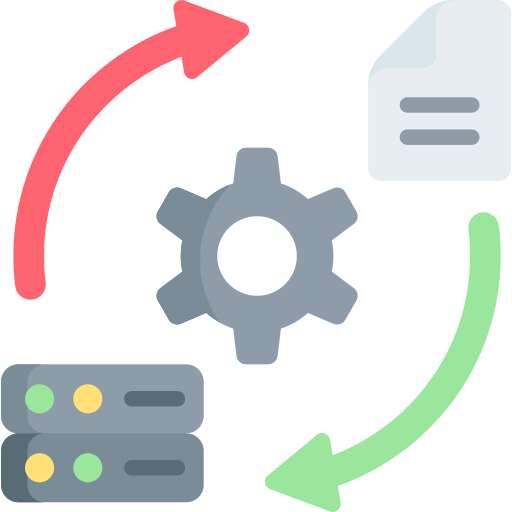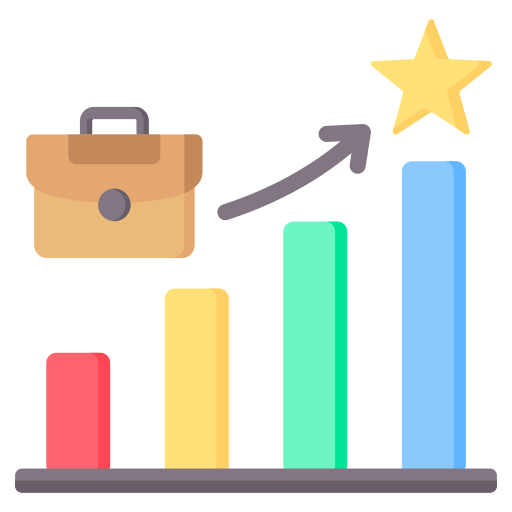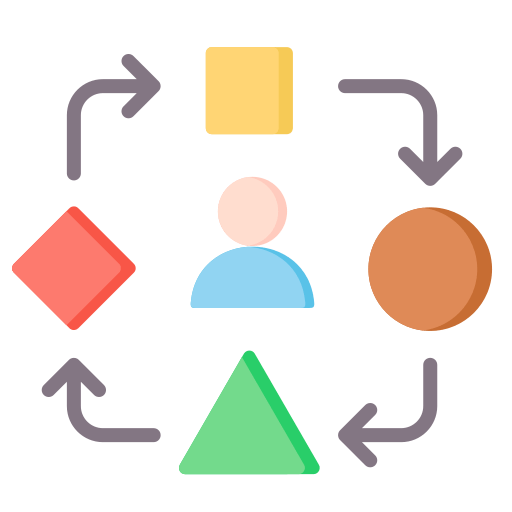Home » Data analyst evening classes in Tbilisi, Georgia
Data analyst evening classes in Tbilisi, Georgia
- Accredited Certification
- Specialized Tracks for Career Growth
- Comprehensive Curriculum with Real-Time Projects
Key Highlights

Industry-Experienced Instructors

Comprehensive curriculum

Expert faculty with industry experience

Prestigious certification upon completion

Ongoing support and resources post-program

Live Online Training

Career advancement opportunities

Transformative learning experience

Flexible Learning Schedule
About the program
Data analytics involves examining, transforming, and interpreting large data sets to uncover patterns, extract insights, and aid decision-making. It starts with gathering and cleaning data from various sources to ensure accuracy. By exploring and visualizing the data, analysts gain insights into its characteristics and identify key trends. They then apply statistical methods, machine learning algorithms, and other analytical techniques to discover patterns and relationships. These insights are communicated to stakeholders to support data-driven decisions. Data analytics is essential across industries for optimizing processes, refining strategies, and gaining a competitive edge. It utilizes tools and technologies like programming languages, statistical software, data visualization tools, and advanced methods such as data mining and machine learning. Ultimately, data analytics helps organizations leverage data to drive innovation, make informed decisions, and achieve their business goals.
What Will You Learn?
Introduction to Data Analytics
You’ll learn the basics of data analytics, including its importance, process, and applications across industries.
Exploratory Data Analysis
You’ll learn to explore and visualize data using descriptive statistics and tools to identify patterns, trends, and relationships.
Data Collection & Preparation
You’ll learn to gather data from sources like databases and APIs, and use methods to ensure its quality and consistency.
Big Data Analytics
You’ll be introduced to big data technologies such as Apache Hadoop and Apache Spark for processing and analyzing large datasets.
Data Visualization
You’ll learn to use tools like Tableau, Power BI, and Python libraries to create clear, meaningful data visualizations.
Statistical Analysis
You’ll study statistical methods like hypothesis testing, regression, correlation, and ANOVA to extract insights and make data-driven decisions.
Transitioning to a new career
Studying AI and ML opened doors I never imagined. From creating predictive models for healthcare to analyzing market trends, these skills are in high demand. I secured a role at a tech startup right after graduation
Jessica M
Transitioning from finance to AI and ML posed challenges, but the program’s thorough curriculum and hands-on projects boosted my confidence and skills. Now thriving as a machine learning engineer, I’m grateful for the career shift and the opportunities it brings.
Max Fischer
Coming from a teaching background, I had reservations about transitioning into data science, but the program’s support and hands-on approach made it feasible. The job placement assurance was a significant motivator, and I am now thriving as a data analyst at a prestigious firm.
Emily Chen
Jack Davies

Professional Growth and Development

Increased Opportunities and Advancement

Alignment with Personal Goals and Values

Adaptability and Resilience:
Who Can Apply for the Course?
- Recent graduates aiming to start a career in data analytics.
- Professionals from various sectors transitioning into data analyst roles.
- Data enthusiasts interested in data analysis, visualization, and insights.
- Current students looking to enhance their academic studies with practical data analytics skills.
- Managers and executives seeking data analysis knowledge for better decision-making in their organizations.
- Researchers who want to enhance their data analysis capabilities.

Roles That Data Analysts Can Fulfill
Data Analyst
Analyzes data to generate actionable insights and support decision-making.
Business Intelligence Analyst
Uses data to create reports and visualizations that inform strategic business decisions.
Data Scientist
Applies statistical and machine learning techniques to analyze complex data sets and predict trends.
Data Engineer
Designs and manages data pipelines and databases to ensure data quality and accessibility.
Data Visualization Specialist
Creates visual representations of data to effectively communicate findings and trends.
Analytics Consultant
Provides expertise in data analysis to solve business problems and optimize processes.
Data Analyst course Curriculum
- Week 1-2: Fundamentals of Data Analysis
- Introduction to Data Analysis
- Data Types and Sources
- The Data Analysis Process
- Week 3-4: Tools and Technologies
- Introduction to Data Analysis Tools (Excel, SQL)
- Data Visualization Basics (Tableau, Power BI)
- Week 1-2: Data Collection Techniques
- Data Collection Methods
- Data Sources and Databases
- Week 3-4: Data Cleaning and Preparation
- Data Cleaning Techniques
- Handling Missing Values and Outliers
- Data Transformation
- Week 1-2: Descriptive Statistics
- Measures of Central Tendency
- Measures of Variability
- Week 3-4: Inferential Statistics
- Hypothesis Testing
- Confidence Intervals
- Regression Analysis
- Week 1-2: Data Visualization Techniques
- Types of Charts and Graphs
- Creating Dashboards
- Week 3-4: Reporting and Communication
- Creating Reports
- Effective Data Storytelling
- Week 1-2: Advanced Excel Functions
- Pivot Tables
- Advanced Formulas
- Week 3-4: Introduction to Python/R for Data Analysis
- Basic Programming Concepts
- Data Analysis Libraries (Pandas, NumPy for Python or dplyr, ggplot2 for R)
- Week 1-2: Case Studies and Practical Applications
- Industry-Specific Data Analysis
- Real-World Problem Solving
- Week 3-4: Capstone Project
- Define and Scope the Project
- Data Collection, Analysis, and Reporting
- Presentation of Findings
Contact Us
For More Personalized & updated Syllabus and Exclusive Discounts
All fields are required to be filled*
Skill Covered
Data Cleaning
SQL Proficiency
Descriptive Statistics
Python/R for Data Analysis
Inferential Statistics
Reporting Skills
Data Visualization
Critical Thinking and Problem-Solving
Tools Covered










Frequently Asked Questions
The duration varies from 2 months to 9 months, depending on the course you choose. Part-time and full-time options are available to fit your schedule.
Most courses offer flexible formats, including online, on-campus, and hybrid options, allowing you to choose the one that best suits your needs.
While some courses require basic knowledge of programming and statistics, others are designed for beginners. Check the prerequisites for each course before applying.
Yes, you will receive a certificate of completion or a degree, depending on the course you choose. These credentials can enhance your resume and career prospects.
Many course providers offer financing options, including installment plans, scholarships, and employer-sponsored programs. Check with the course provider for specific details.
Data science skills are in high demand across various industries. Completing these courses can open up new career opportunities, lead to higher salaries, and provide job security.
